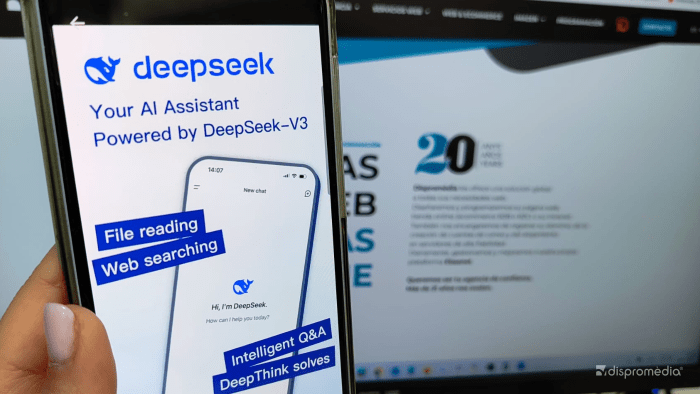Key Points of the World's First Legislation Regulating Artificial Intelligence

Image generated with an AI tool
Artificial intelligence (AI) is here to stay. It’s clear to everyone that our daily lives are now filled with AI processes that make our day-to-day tasks easier. Apple's famous Siri or Amazon's Alexa, the two most well-known virtual assistants, are clear examples of AI in our everyday activities. Likewise, the use of AI in the medical field to aid in disease diagnosis or autonomous cars that combine sensors, radars, and AI are other well-known advancements of this revolutionary technology.
That’s why the European Parliament got to work drafting a new regulation to govern AI, aiming to foster its safe development within the European Union. This pioneering global legislation, which seeks to balance technological innovation with the protection of European citizens' rights and freedoms, came into effect on August 1 and will be applied progressively until 2026. Companies and institutions have already begun preparing to comply with the new obligations, which have the potential to significantly transform the European tech ecosystem. Shall we review its main effects together?
Key Points of the AI Regulation
1. Risk-based Approach: The regulation classifies AI systems according to their level of unacceptable, high, or limited risk. This determines the obligations of AI developers and users based on how the technology is used. For example, high-risk systems, such as those used in health or public safety, will have stricter safety and transparency requirements.
2. Transparency and Explainability: AI providers must ensure the transparency of their systems. This includes documenting and publishing the algorithms and datasets used, especially in generative systems like ChatGPT. This helps prevent the generation of illegal content and allows users to understand AI-based decision-making.
3. Impact on SMEs and Innovation: To avoid stifling innovation, the law provides exemptions for research activities and AI components provided under open-source licenses. Regulatory “sandboxes” are also encouraged, where new technologies can be tested in a controlled environment before wide-scale implementation.
4. Citizen Rights: Citizens will be able to file complaints with supervisory authorities if they believe an AI system infringes on their rights. They will also have the right to receive explanations for important decisions made by high-risk systems that affect their fundamental rights, as the defense of individual rights and freedoms is one of the pillars of the regulation.
5. Supervision and Penalties: Each member state will create a supervisory body to ensure compliance with the regulation. In Spain, the Spanish Agency for AI Supervision will be the main authority. The sanctioning regime includes fines that can reach up to 35 million euros or 7% of the global annual turnover, whichever is higher.
Impact of the Regulation on Society
The law aims to ensure that the benefits of AI can be harnessed safely and ethically. This includes protecting the fundamental rights of European citizens, such as the right to privacy, non-discrimination, and security. For example, high-risk systems will have to pass conformity assessments to ensure they do not violate these rights.
Moreover, the regulation promotes transparency and the explainability of AI systems. This means that users will have the right to understand how the algorithms that make important decisions affecting them work. For instance, if someone is rejected for a job by an automated system, they will have the right to know the criteria used in making this decision.
With this regulation, a world first, the EU leads the protection of human rights in the AI era, ensuring that this technology develops responsibly and benefits everyone.
We must remember that despite its threats, AI offers a world of possibilities that can help us perform certain tasks more easily or quickly. At Dispromèdia, for instance, we have been using AI tools for some time now to brainstorm or verify ideas in the areas of programming, design, or marketing. In short, the EU-approved law aims to ensure that AI is an excellent ally for our society. We will talk more about it later.
For more information about the regulation, we recommend the following readings:




